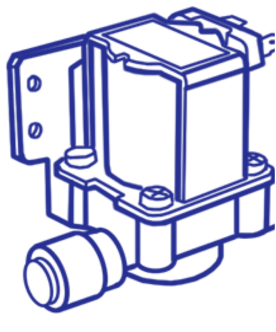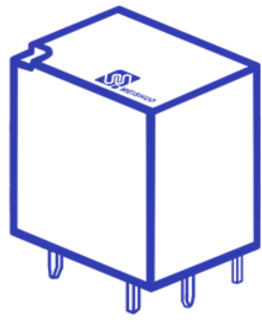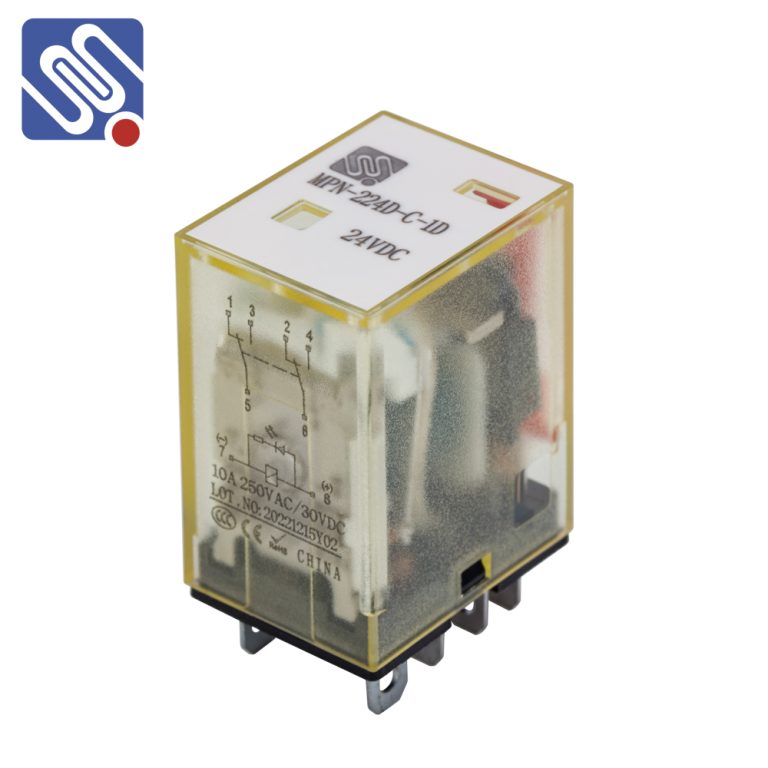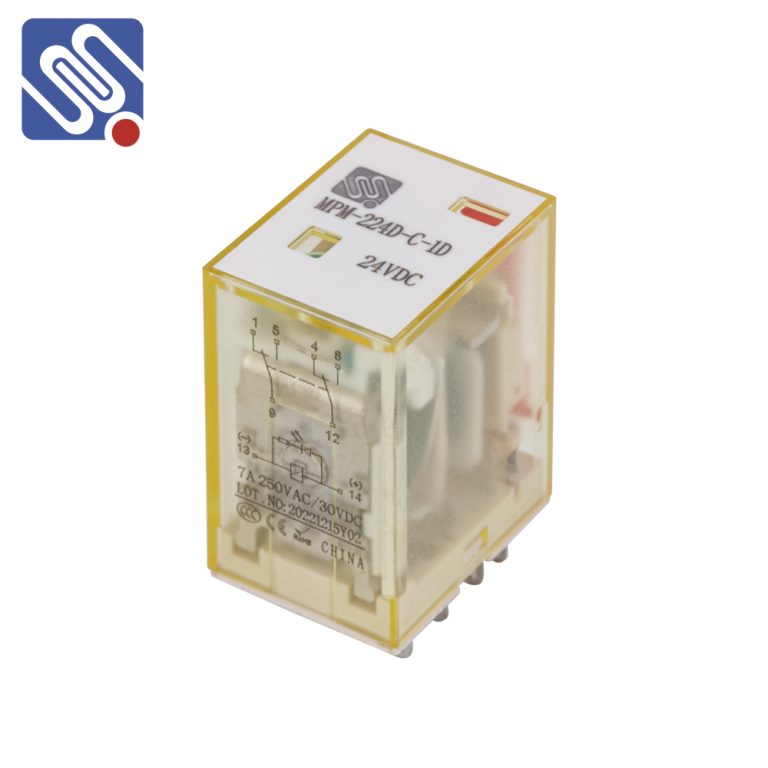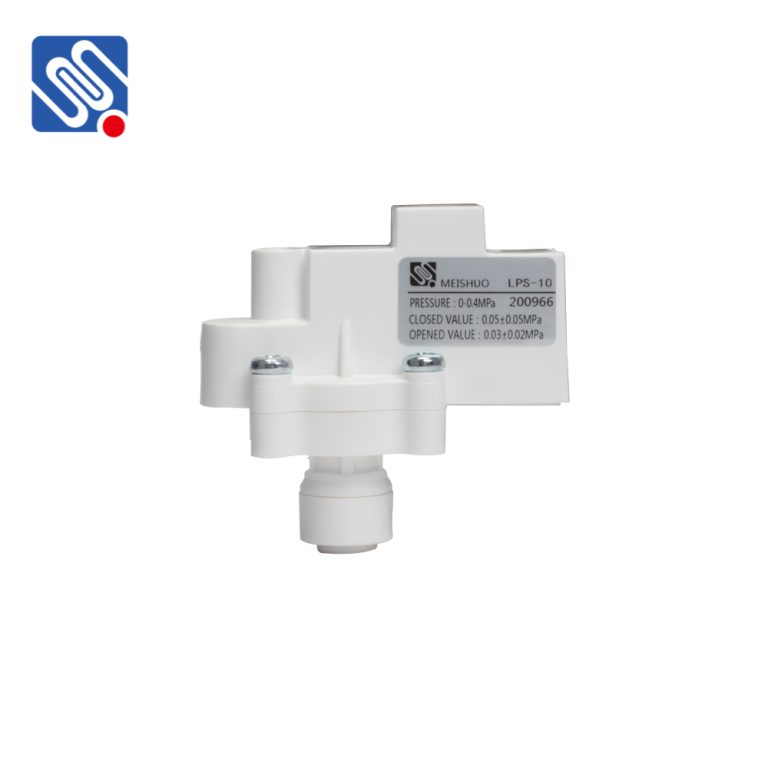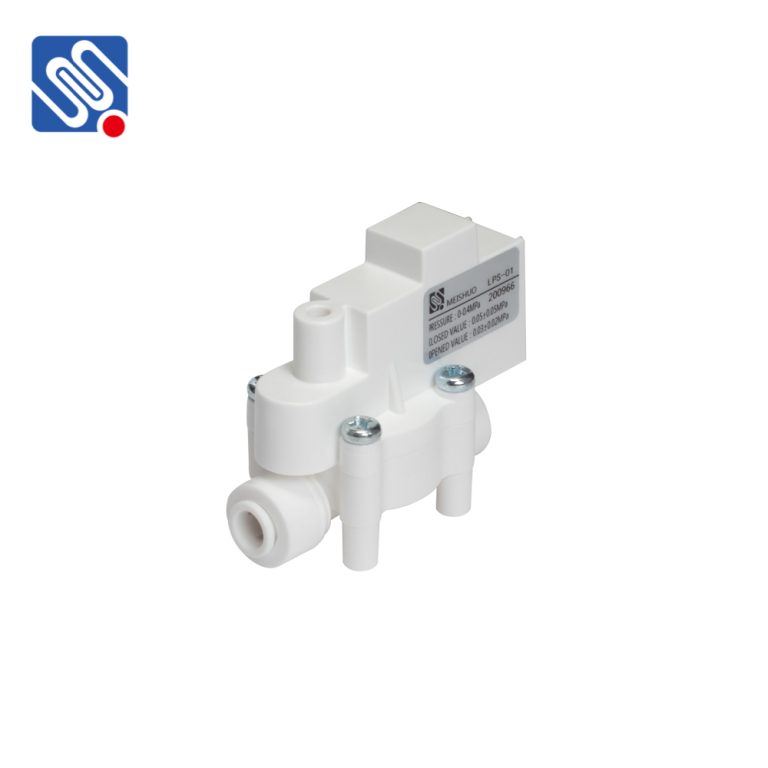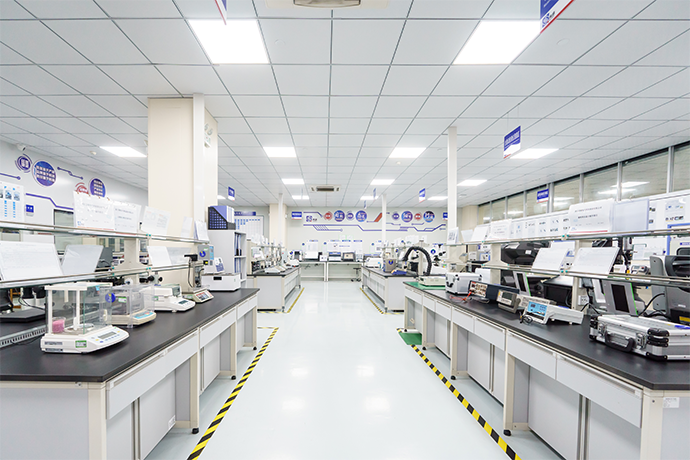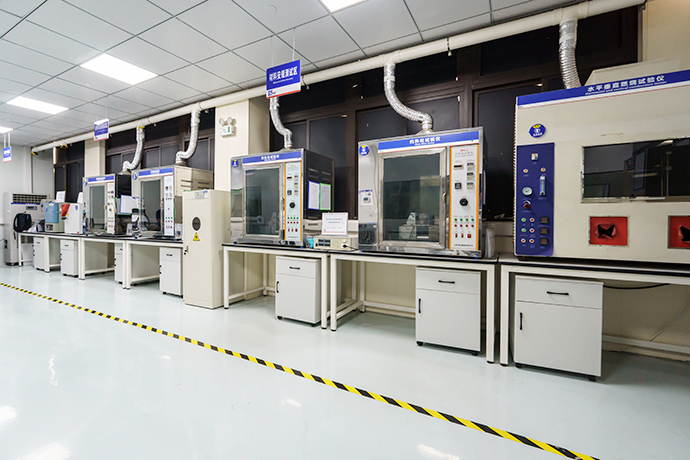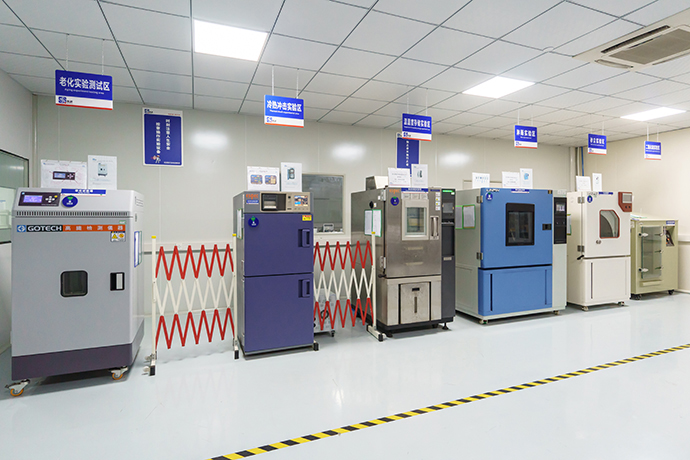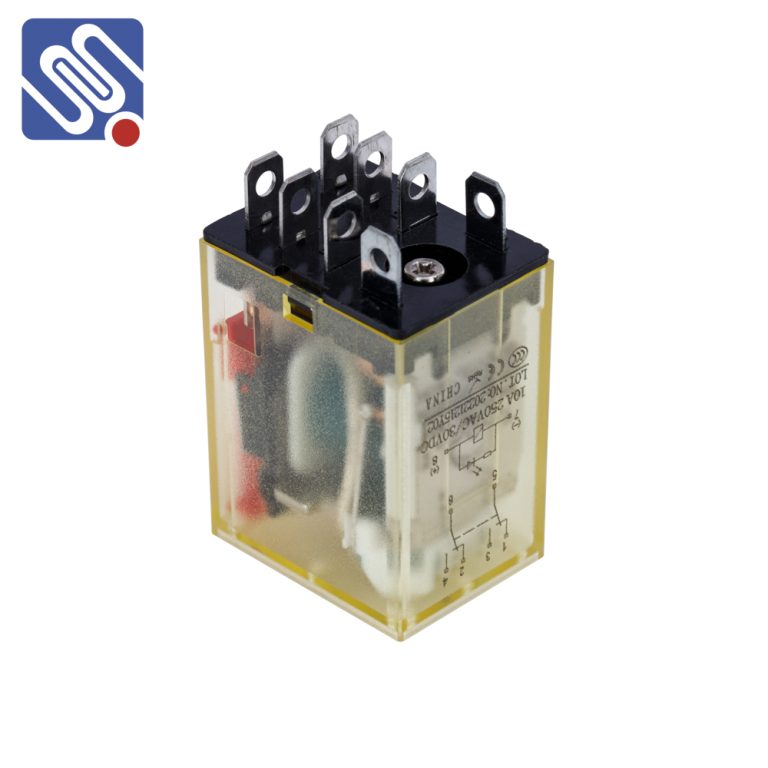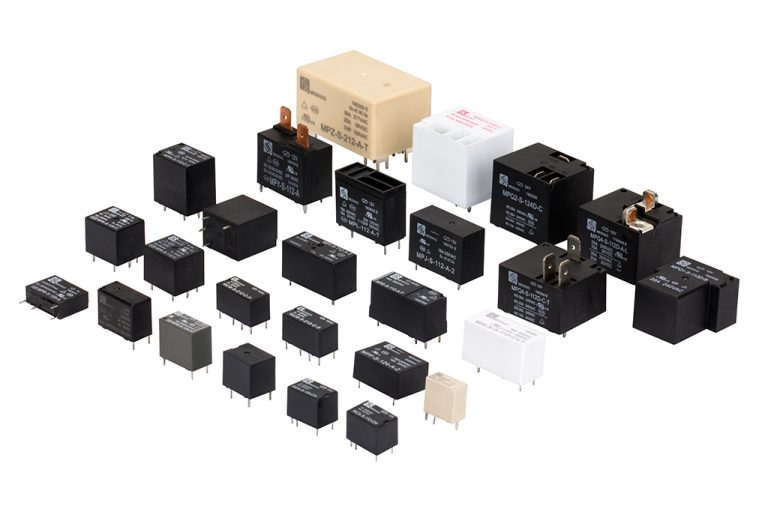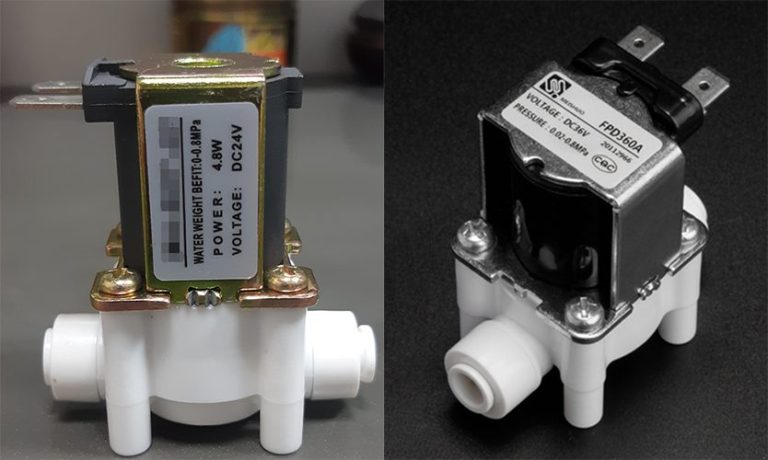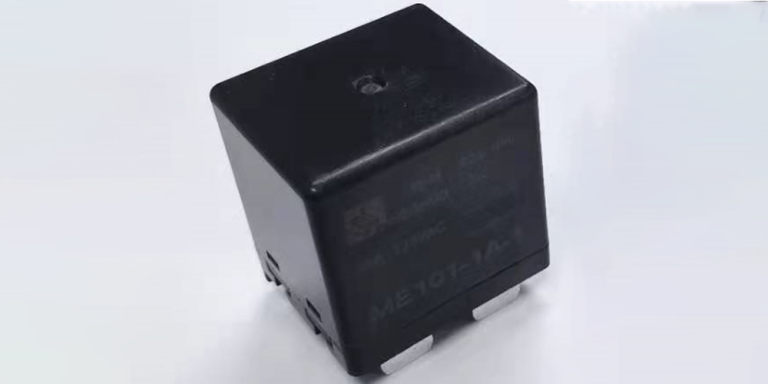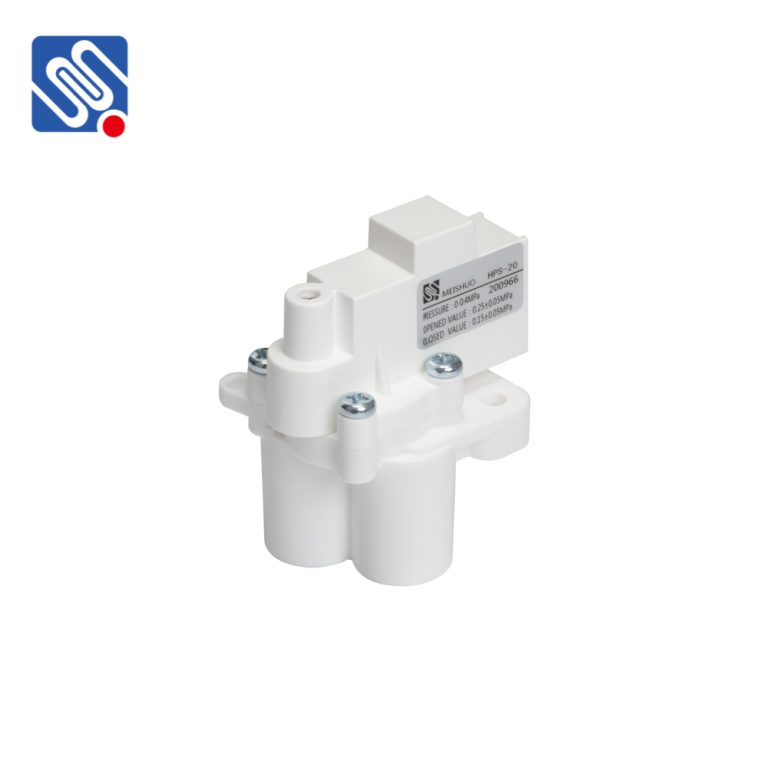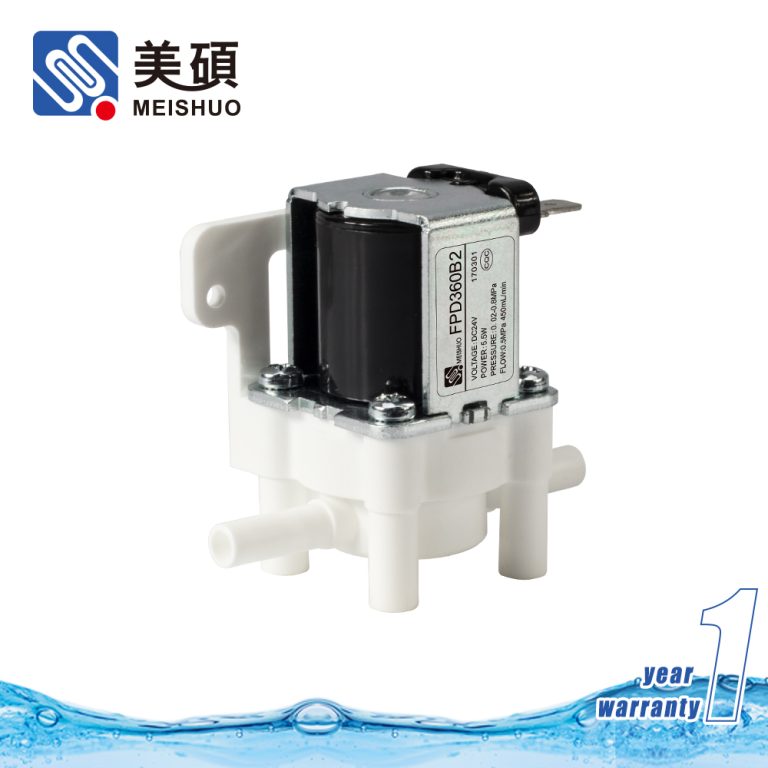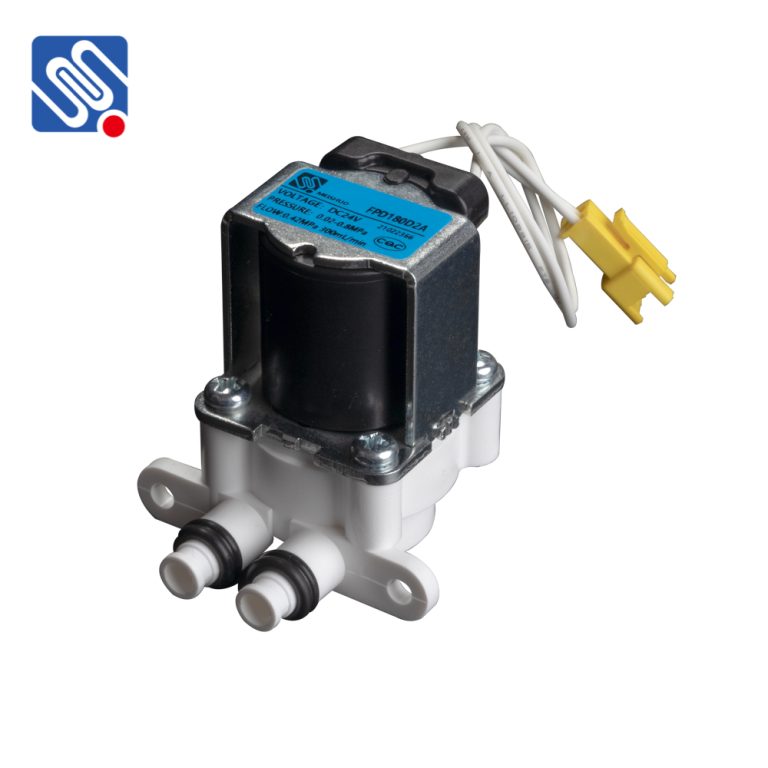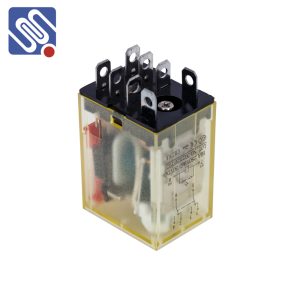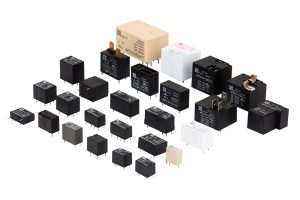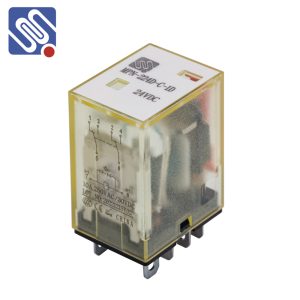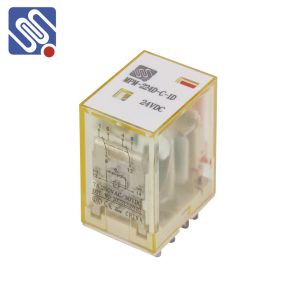Relay is an important electronic component widely used in various electrical devices, usually used to control the switch of the circuit or change the current path. It uses the electromagnetic principle to operate the switch through the change of current. The following are some tips related to relays in life, covering multiple fields such as automobiles, home appliances, smart home devices and transportation:
Automobile Section:
•Why is there a “clicking” sound when the turn signal is activated? Anyone who has driven a car knows that when the turn signal is turned on, there is a “click-click” sound. Why is that?
The blinking of the turn signal is controlled by a flasher and a relay in the circuit. A relay consists of an electromagnet and a switch. When the relay engages, it makes a clicking sound. The repeating “click-click” sound is produced by the flashing relay working.
 Nowadays, many car functions are controlled directly by control units, and cars no longer use mechanical flashing relays. The clicking sound you hear today is typically simulated by electronics. This sound helps the driver know whether the turn signal is on, improving driving safety.
Home Appliances Section:
•Why does the washing machine make a “click” sound?
Many household appliances, like washing machines, use relays to control the start and stop of different functions. Each time the washing machine begins spinning or pauses, you may hear a”click.” This sound is made when the relay operates.
For example, the Meishuo MPJ relay, which is rated for 16A 250VAC, is widely used in washing machines and other home appliances. It can accurately control the on/off switching of current, handle high-frequency switching operations, and improve the operational stability of the washing machine.
Nowadays, many car functions are controlled directly by control units, and cars no longer use mechanical flashing relays. The clicking sound you hear today is typically simulated by electronics. This sound helps the driver know whether the turn signal is on, improving driving safety.
Home Appliances Section:
•Why does the washing machine make a “click” sound?
Many household appliances, like washing machines, use relays to control the start and stop of different functions. Each time the washing machine begins spinning or pauses, you may hear a”click.” This sound is made when the relay operates.
For example, the Meishuo MPJ relay, which is rated for 16A 250VAC, is widely used in washing machines and other home appliances. It can accurately control the on/off switching of current, handle high-frequency switching operations, and improve the operational stability of the washing machine.
 •Air Conditioning Fan:
The cold air circulation fan in refrigerators is also controlled by a relay. The fan motor operates to distribute cool air throughout the fridge, ensuring proper cooling.
•Air Conditioning Fan:
The cold air circulation fan in refrigerators is also controlled by a relay. The fan motor operates to distribute cool air throughout the fridge, ensuring proper cooling.
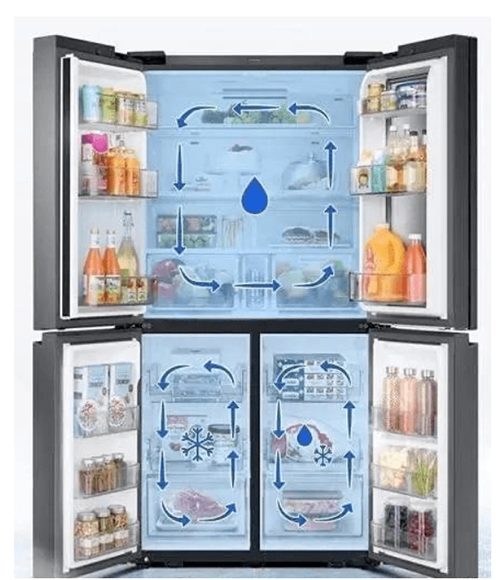 •Defrost Heater:
Relays control the defrost heater in refrigerators to prevent condensation on the door. The relay turns the defrost heater on and off to keep the door dry.
•Defrost Heater:
Relays control the defrost heater in refrigerators to prevent condensation on the door. The relay turns the defrost heater on and off to keep the door dry.
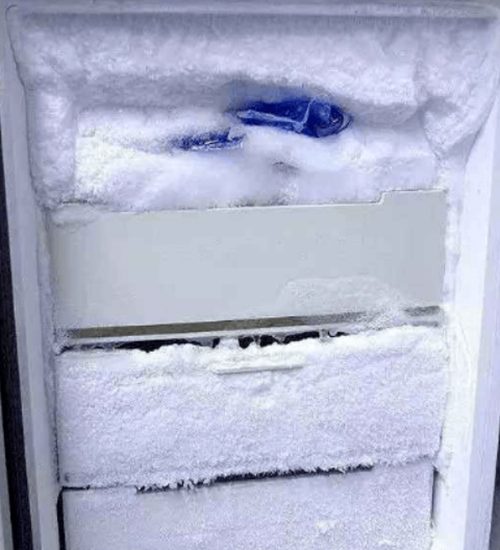 •Why can air conditioners be set to turn on and off automatically?
The timing function of an air conditioner is often realized through a relay. The air conditioner’s control system sends signals to the relay, and when the relay receives the signal, it either connects or disconnects the air conditioner’s power. This way, you can set the air conditioner to turn on or off at specific times without manual operation. The application of relays has made home appliances smarter, enhancing convenience and energy management.
Home Living Section:
•The remote control technology for smart bulbs relies on relays.
Using wireless technologies such as Wi-Fi and Bluetooth, the on/off switch of a smart bulb can be controlled through a smartphone app or voice assistant. This is essentially achieved by controlling the opening and closing of the relay. When the relay receives the control signal, it either allows or cuts off the current flow, turning the bulb on or off. For high-power devices, relays can also help regulate the current and voltage, ensuring stable operation of the equipment.
For transportation applications, the MALC relay from Meisuo is highly recommended. Rated for 50A 250VAC, this relay can operate on a pulse signal, maintaining its state and repeatedly functioning without the need for continuous input, making it ideal for high-frequency switching operations.
•Why can air conditioners be set to turn on and off automatically?
The timing function of an air conditioner is often realized through a relay. The air conditioner’s control system sends signals to the relay, and when the relay receives the signal, it either connects or disconnects the air conditioner’s power. This way, you can set the air conditioner to turn on or off at specific times without manual operation. The application of relays has made home appliances smarter, enhancing convenience and energy management.
Home Living Section:
•The remote control technology for smart bulbs relies on relays.
Using wireless technologies such as Wi-Fi and Bluetooth, the on/off switch of a smart bulb can be controlled through a smartphone app or voice assistant. This is essentially achieved by controlling the opening and closing of the relay. When the relay receives the control signal, it either allows or cuts off the current flow, turning the bulb on or off. For high-power devices, relays can also help regulate the current and voltage, ensuring stable operation of the equipment.
For transportation applications, the MALC relay from Meisuo is highly recommended. Rated for 50A 250VAC, this relay can operate on a pulse signal, maintaining its state and repeatedly functioning without the need for continuous input, making it ideal for high-frequency switching operations.
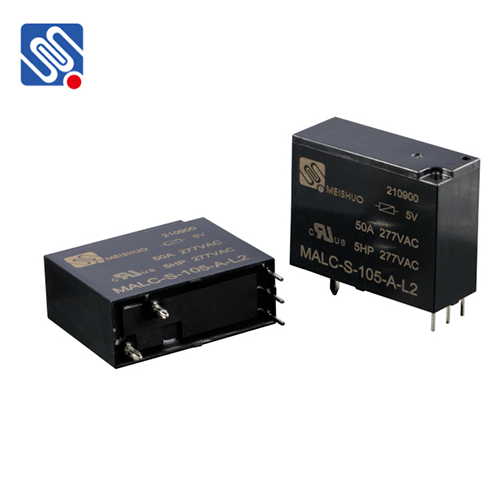 Transportation Section:
•Why do escalators and subway elevators stop accurately at the designated position?
Escalators, subway elevators, and similar transport equipment require precise control and positioning during operation, which is achieved through the use of relays. The relay is used to switch control signals for actions like moving up or down, stopping, and accelerating. In the elevator control system, relays regulate the motor’s start and stop, ensuring smooth operation. When the elevator approaches a specific floor, the relay engages the brake system to stop the elevator gently and accurately. Modern elevators use electronic relays and sensor systems, further enhancing precision and safety.
Relays play a crucial role in ensuring these systems follow their preset functions, providing operational stability and safety.
In summary, relays play a vital role in many of the devices and systems we rely on daily, whether in automobiles, household appliances, smart home devices, or transportation. They help make these systems work efficiently, reliably, and safely.
Transportation Section:
•Why do escalators and subway elevators stop accurately at the designated position?
Escalators, subway elevators, and similar transport equipment require precise control and positioning during operation, which is achieved through the use of relays. The relay is used to switch control signals for actions like moving up or down, stopping, and accelerating. In the elevator control system, relays regulate the motor’s start and stop, ensuring smooth operation. When the elevator approaches a specific floor, the relay engages the brake system to stop the elevator gently and accurately. Modern elevators use electronic relays and sensor systems, further enhancing precision and safety.
Relays play a crucial role in ensuring these systems follow their preset functions, providing operational stability and safety.
In summary, relays play a vital role in many of the devices and systems we rely on daily, whether in automobiles, household appliances, smart home devices, or transportation. They help make these systems work efficiently, reliably, and safely.
 Nowadays, many car functions are controlled directly by control units, and cars no longer use mechanical flashing relays. The clicking sound you hear today is typically simulated by electronics. This sound helps the driver know whether the turn signal is on, improving driving safety.
Home Appliances Section:
•Why does the washing machine make a “click” sound?
Many household appliances, like washing machines, use relays to control the start and stop of different functions. Each time the washing machine begins spinning or pauses, you may hear a”click.” This sound is made when the relay operates.
For example, the Meishuo MPJ relay, which is rated for 16A 250VAC, is widely used in washing machines and other home appliances. It can accurately control the on/off switching of current, handle high-frequency switching operations, and improve the operational stability of the washing machine.
Nowadays, many car functions are controlled directly by control units, and cars no longer use mechanical flashing relays. The clicking sound you hear today is typically simulated by electronics. This sound helps the driver know whether the turn signal is on, improving driving safety.
Home Appliances Section:
•Why does the washing machine make a “click” sound?
Many household appliances, like washing machines, use relays to control the start and stop of different functions. Each time the washing machine begins spinning or pauses, you may hear a”click.” This sound is made when the relay operates.
For example, the Meishuo MPJ relay, which is rated for 16A 250VAC, is widely used in washing machines and other home appliances. It can accurately control the on/off switching of current, handle high-frequency switching operations, and improve the operational stability of the washing machine.
 •Air Conditioning Fan:
The cold air circulation fan in refrigerators is also controlled by a relay. The fan motor operates to distribute cool air throughout the fridge, ensuring proper cooling.
•Air Conditioning Fan:
The cold air circulation fan in refrigerators is also controlled by a relay. The fan motor operates to distribute cool air throughout the fridge, ensuring proper cooling.
 •Defrost Heater:
Relays control the defrost heater in refrigerators to prevent condensation on the door. The relay turns the defrost heater on and off to keep the door dry.
•Defrost Heater:
Relays control the defrost heater in refrigerators to prevent condensation on the door. The relay turns the defrost heater on and off to keep the door dry.
 •Why can air conditioners be set to turn on and off automatically?
The timing function of an air conditioner is often realized through a relay. The air conditioner’s control system sends signals to the relay, and when the relay receives the signal, it either connects or disconnects the air conditioner’s power. This way, you can set the air conditioner to turn on or off at specific times without manual operation. The application of relays has made home appliances smarter, enhancing convenience and energy management.
Home Living Section:
•The remote control technology for smart bulbs relies on relays.
Using wireless technologies such as Wi-Fi and Bluetooth, the on/off switch of a smart bulb can be controlled through a smartphone app or voice assistant. This is essentially achieved by controlling the opening and closing of the relay. When the relay receives the control signal, it either allows or cuts off the current flow, turning the bulb on or off. For high-power devices, relays can also help regulate the current and voltage, ensuring stable operation of the equipment.
For transportation applications, the MALC relay from Meisuo is highly recommended. Rated for 50A 250VAC, this relay can operate on a pulse signal, maintaining its state and repeatedly functioning without the need for continuous input, making it ideal for high-frequency switching operations.
•Why can air conditioners be set to turn on and off automatically?
The timing function of an air conditioner is often realized through a relay. The air conditioner’s control system sends signals to the relay, and when the relay receives the signal, it either connects or disconnects the air conditioner’s power. This way, you can set the air conditioner to turn on or off at specific times without manual operation. The application of relays has made home appliances smarter, enhancing convenience and energy management.
Home Living Section:
•The remote control technology for smart bulbs relies on relays.
Using wireless technologies such as Wi-Fi and Bluetooth, the on/off switch of a smart bulb can be controlled through a smartphone app or voice assistant. This is essentially achieved by controlling the opening and closing of the relay. When the relay receives the control signal, it either allows or cuts off the current flow, turning the bulb on or off. For high-power devices, relays can also help regulate the current and voltage, ensuring stable operation of the equipment.
For transportation applications, the MALC relay from Meisuo is highly recommended. Rated for 50A 250VAC, this relay can operate on a pulse signal, maintaining its state and repeatedly functioning without the need for continuous input, making it ideal for high-frequency switching operations.
 Transportation Section:
•Why do escalators and subway elevators stop accurately at the designated position?
Escalators, subway elevators, and similar transport equipment require precise control and positioning during operation, which is achieved through the use of relays. The relay is used to switch control signals for actions like moving up or down, stopping, and accelerating. In the elevator control system, relays regulate the motor’s start and stop, ensuring smooth operation. When the elevator approaches a specific floor, the relay engages the brake system to stop the elevator gently and accurately. Modern elevators use electronic relays and sensor systems, further enhancing precision and safety.
Relays play a crucial role in ensuring these systems follow their preset functions, providing operational stability and safety.
In summary, relays play a vital role in many of the devices and systems we rely on daily, whether in automobiles, household appliances, smart home devices, or transportation. They help make these systems work efficiently, reliably, and safely.
Transportation Section:
•Why do escalators and subway elevators stop accurately at the designated position?
Escalators, subway elevators, and similar transport equipment require precise control and positioning during operation, which is achieved through the use of relays. The relay is used to switch control signals for actions like moving up or down, stopping, and accelerating. In the elevator control system, relays regulate the motor’s start and stop, ensuring smooth operation. When the elevator approaches a specific floor, the relay engages the brake system to stop the elevator gently and accurately. Modern elevators use electronic relays and sensor systems, further enhancing precision and safety.
Relays play a crucial role in ensuring these systems follow their preset functions, providing operational stability and safety.
In summary, relays play a vital role in many of the devices and systems we rely on daily, whether in automobiles, household appliances, smart home devices, or transportation. They help make these systems work efficiently, reliably, and safely.

